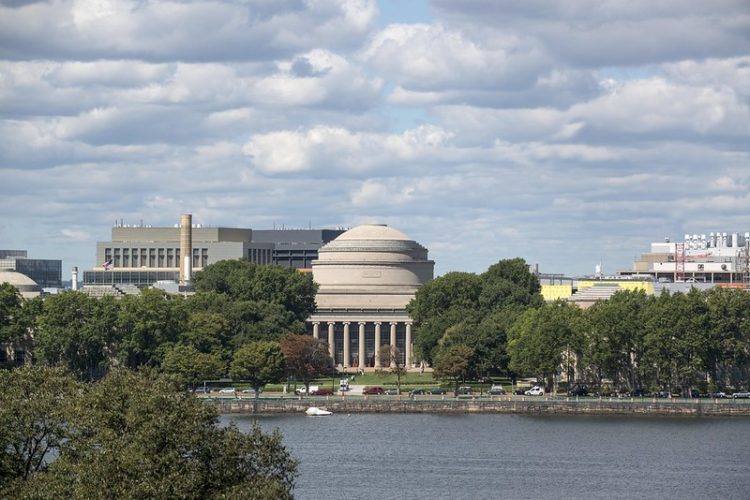We design the next generation of computer systems. Working at the intersection of hardware and software, our research studies how to best implement computation in the physical world. We design processors that are faster, more efficient, easier to program, and secure. Our research covers systems of all scales, from tiny Internet-of-Things devices with ultra-low-power consumption to high-performance servers and datacenters that power planet-scale online services. We design both general-purpose processors and accelerators that are specialized to particular application domains, like machine learning and storage. We also design Electronic Design Automation (EDA) tools to facilitate the development of such systems.
Advances in computer architecture create quantum leaps in the capabilities of computers, enabling new applications and driving the creation of entirely new classes of computer systems. For example, deep learning, which has transformed many areas of computer science, was made practical by hardware accelerators (initially GPUs and later more specialized designs); and advances in computer performance have also made self-driving cars and autonomous drones possible.
Computer architecture spans many layers of the hardware and software stack, and as a result we collaborate with researchers in many other areas. For example, several of our current projects focus on the design of domain-specific architectures, and involve researchers in programming languages and compilers to ensure that our systems are broadly useful, as well as domain experts. In addition, the waning of Moore’s Law is making emerging technologies, like CN-FETs, photonics, or resistive memories, an attractive way to implement computation, sparking collaborations with experts in these areas.
Latest news in computer architecture
The Department of Electrical Engineering and Computer Science (EECS) is proud to announce multiple promotions.
Founded in 2019, The EECS Alliance program connects industry leading companies with EECS students for internships, post graduate employment, networking, and collaborations. In 2023, it has grown to include over 30 organizations that have either joined the Alliance or participate in its flagship program, 6A.
This ongoing listing of awards and recognitions won by our faculty is added to all year, beginning in September.
The department is proud to announce multiple promotions this year.
The Department of Electrical Engineering and Computer Science (EECS) recently announced the following crop of chair appointments, all effective July 1, 2022. Karl Berggren has been named the…
